Equal Housing Lender
HUD-Certified Housing counselors play a pivotal role in providing long-term credit assistance to individuals aspiring to achieve homeownership. By leveraging tools and programs offered through the HomePrep program—including CreditXpert—they offer comprehensive support tailored to each client's financial situation.
The HomePrep program is designed to prepare potential homebuyers by strengthening their credit profiles. HUD-certified counselors guide clients through improving their credit standing without erasing accurate credit histories. Instead, they focus on balancing negative marks using advanced tools and "what-if" scenario planning to engineer the best possible credit score. The ultimate goal is to help clients qualify for affordable mortgage options aligned with their financial capacity.
CreditXpert is a predictive analytics platform that helps mortgage applicants optimize their credit scores—often within just 30 days. Unlike traditional credit repair services, CreditXpert provides actionable, data-driven steps to improve scores. Studies show that 73% of applicants can increase their scores by 20 points or more in a short time. Housing counselors use this tool to simulate the impact of actions such as paying down debts or adjusting credit utilization, empowering clients to make informed decisions that can lead to better loan terms.
By integrating these tools and services, housing counselors create a structured pathway to improve credit health—supporting immediate homeownership goals and long-term financial well-being.
National Foundation for Debt Management can help with short (1-6 mos) and long term (7mos-5yrs)credit needs.
Credit Counseling FAQs
If you are new to fixing and/or building credit, check out some of our FAQs.
Debt Mgmt vs Settling
Long Term Credit: Debt management and debt settlement impact your ability to qualify for a mortgage. Learn differences.
Credit Help resource with HUD Credit Counselors
Get prospective homebuyers "mortgage ready"!
National Foundation for Debt Management, a HUD Housing Counseling Agency (HCA) with certified housing and credit counselors, can assist clients with short term credit needs like increasing scores, building credit and getting smaller credit issues handled. But they can also help clients in need of longer term credit help like bankruptcy and debt management. Counselors use credit tools like CreditXpert Wayfinder and What-If Simulator to find the best workable way for clients to get credit improved for the best mortgage possibilities available. HUD counselors keep clients and loan originators updated on the clients progress so that MLO's can keep the clients realtor apprised of the clients progress towards home ownership.
Frequently Asked Questions About Counseling
Debt Settlement vs. Debt Management Programs: What’s the Difference?
Source: Experian By Madison Block May 21, 2019
Debt Management Defined
Debt Management
Debt management programs (DMPs) are administered by nonprofit credit counseling companies, as opposed to debt settlement companies, which are for-profit. In a DMP, the credit counseling company negotiates with your creditors to reduce your interest rates and fees, or lower monthly payments for you. You still pay off the principal amount, so your credit score is not impacted as it would be with debt settlement. Credit counselors will also help you to improve your money management skills and come up with a workable budget.
How to Find Credible Debt Management Services
It can be difficult to sort out the scammers from legitimate companies.
"Consumers should always do their research ahead of time to protect themselves," says Katie Ross, education and development manager at American Consumer Credit Counseling. "Before you commit to any debt management service, there are a few credentials you should ensure the company has."
Things to look for in a credible agency:
- Nonprofit status is important when choosing a debt management service.
- Check that the company's credit counselors are certified.
- As a rule of thumb, the longer the company has been in business, the more likely it is to have reputable services.
- If the company you are considering is a member of a national accreditation association, such as the National Foundation for Credit Counseling, it is probably a credible company.
- The agency is licensed and bonded to do business in your state.
- The agency charges reasonable fees. Research several different agencies to get a general idea of pricing.
Debt Settlement Defined
What is a Debt Settlement?
At first glance, debt settlement may seem like the better option. A debt settlement company has you stop paying your creditors as they negotiate a lower payment. Then, the debt settlement company pays the creditors on your behalf. Essentially, it seems like you save money and the debt settlement company takes care of getting the payments to your creditors for you.
The catch is that the lower payment they negotiate is lower than your full outstanding balance. This harms your credit score because you are not paying off the total amount. Typically with debt settlement, you only pay about 50% to 80% of the balance. Additionally, the debt settlement company does not pay your creditors while they are negotiating the lower payment, so you may begin to receive collection calls. The late payments then get reported to the three major credit bureaus (Experian, TransUnion and Equifax) and stay on your credit report for seven years. Regardless of whether your settlement is successful, your credit will be damaged.
Also, keep in mind if the debt is settled for less than the full balance, you may have tax implications because the debt that is forgiven will likely be reported to the IRS as income. Finally, you'll pay hefty fees for this service: You could be charged as much as 15% to 25% of the amount settled.
The bottom line: Be on the lookout for companies that try to make money off your debt by charging you fees without offering real help. Choose a company that understands your situation and will work with you to reduce your debt without tanking your credit scores or taking advantage of you financially. While debt can be stressful and difficult to deal with, you should make a well-informed decision before choosing a debt settlement company or a debt management program.










